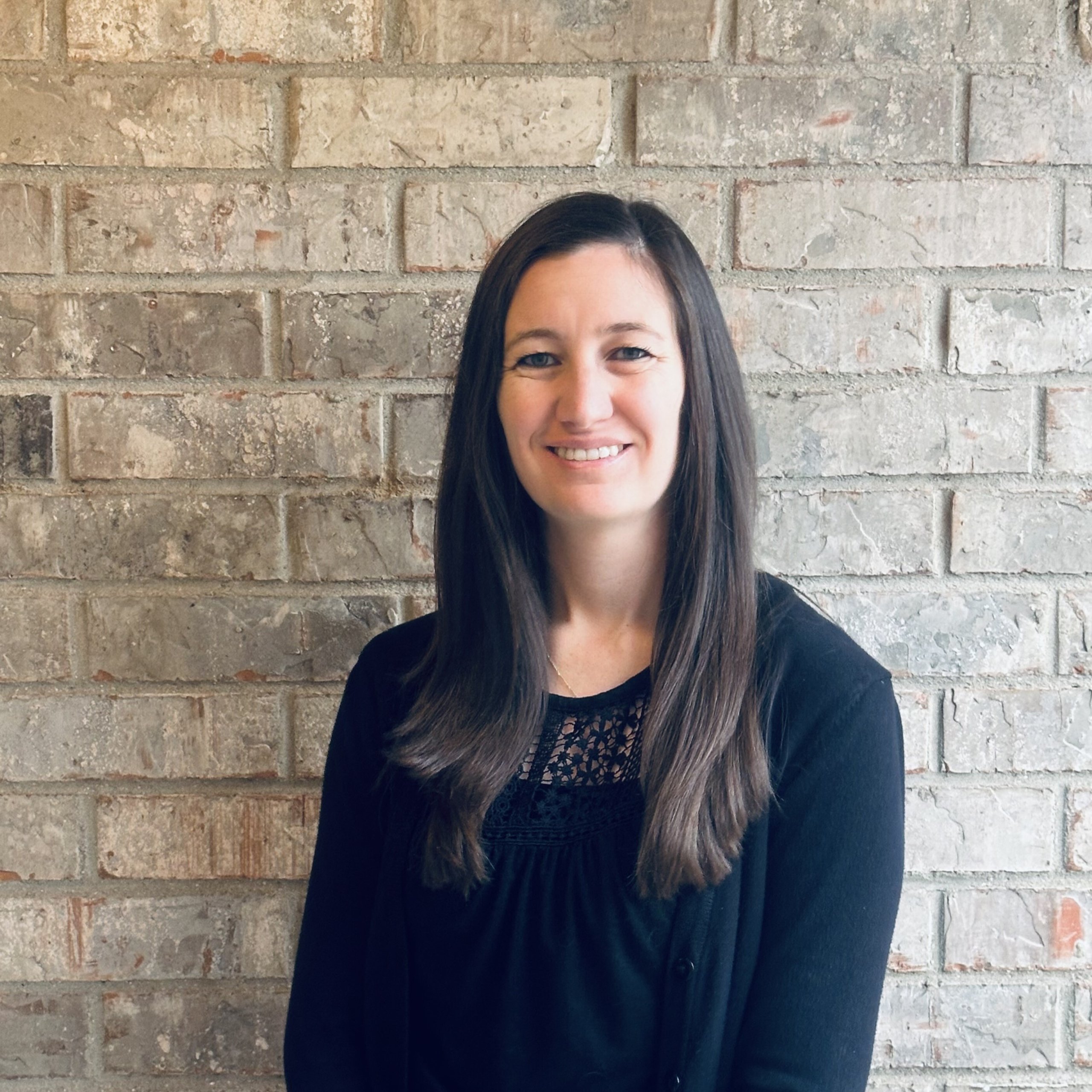Vision Changes with Age: Navigating the Journey to Optimal Eye Health
- BY Alyssa Buchanan
- IN Eye Health

Photo by RDNE Stock project
As we journey through life, our eyesight evolves alongside us, experiencing changes that are often a natural part of aging. Understanding these common age-related vision changes and learning how to manage them can empower us to maintain optimal eye health as we grow older. Let’s explore some of the most prevalent vision changes that occur with age, such as presbyopia, cataracts, and age-related macular degeneration (AMD), and discuss strategies for optimizing vision throughout the aging process.
Presbyopia: Embracing the Need for Reading Glasses
One of the most noticeable vision changes that many individuals experience as they age is presbyopia, a condition characterized by the gradual loss of near focusing ability. Typically occurring around the age of 40, presbyopia makes it challenging to see objects up close, such as when reading or using a smartphone. Fortunately, presbyopia is easily corrected with reading glasses, bifocals, or progressive lenses, allowing individuals to continue enjoying their favorite activities without vision-related limitations.

Cataracts: Shedding Light on Cloudy Vision
Another common age-related vision change is the development of cataracts, which occur when the natural lens of the eye becomes cloudy, leading to blurred or dim vision. While cataracts are more prevalent among older adults, they can also develop at a younger age due to factors such as genetics, UV exposure, and certain medical conditions. Fortunately, cataract surgery offers a highly effective solution for restoring clear vision, with modern techniques and advanced intraocular lens options providing excellent outcomes and improved quality of life for those affected by cataracts.
Age-Related Macular Degeneration (AMD): Protecting Central Vision
Age-related macular degeneration (AMD) is a progressive eye disease that affects the macula, the central portion of the retina responsible for sharp, detailed vision. AMD can cause central vision loss, making it difficult to read, drive, or recognize faces. While there is currently no cure for AMD, certain lifestyle modifications, such as eating a healthy diet rich in antioxidants and lutein/zeaxanthin, quitting smoking, and protecting the eyes from UV light, may help reduce the risk of progression. Additionally, regular eye exams are essential for early detection and management of AMD, allowing for timely intervention to preserve vision and prevent further deterioration.
Optimizing Vision with Age: Tips for Healthy Aging Eyes
In addition to managing specific age-related vision changes, there are several proactive steps individuals can take to optimize vision as they age:
- Schedule regular comprehensive eye exams to monitor eye health and detect potential problems early.
- Maintain a healthy lifestyle, including eating a balanced diet, staying physically active, and avoiding smoking.
- Protect the eyes from UV light by wearing sunglasses with UV protection and wide-brimmed hats when outdoors.
- Practice good digital habits, such as taking regular breaks from screens and adjusting screen settings for optimal comfort.
By staying informed about common age-related vision changes and taking proactive steps to protect and preserve eye health, individuals can enjoy clear vision and optimal eye health throughout their lives. Remember, aging is a journey, and with proper care and attention, our eyes can continue to serve us well for years to come.






